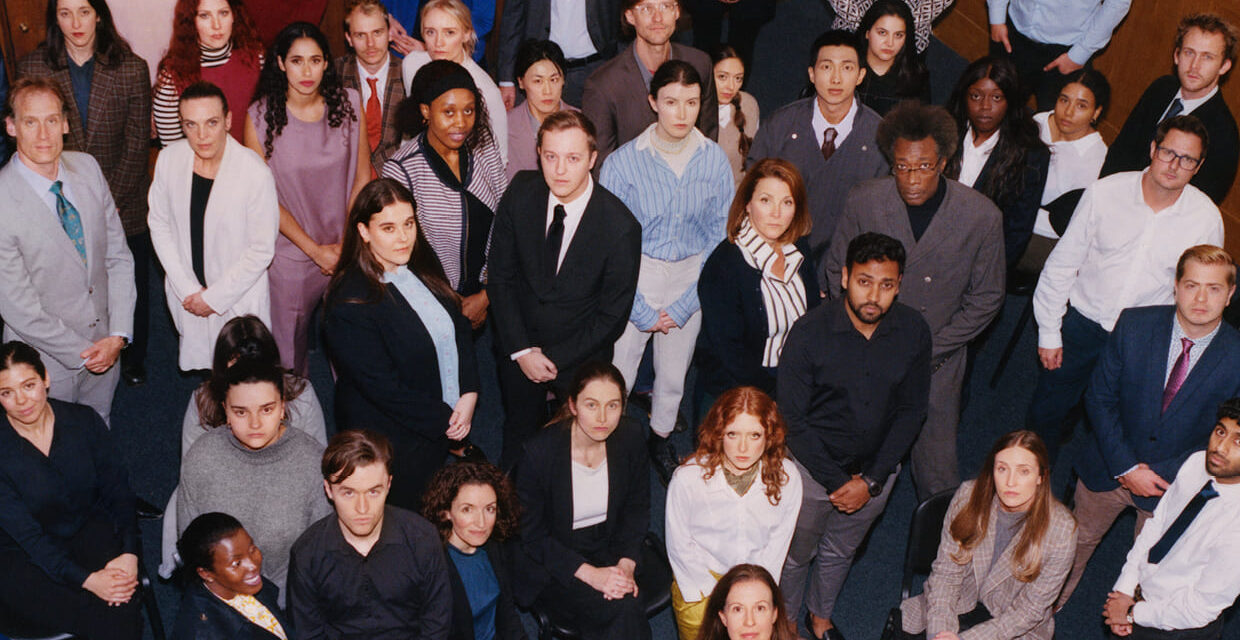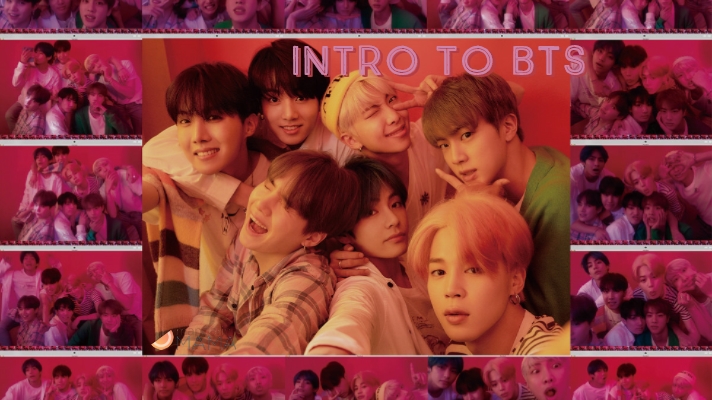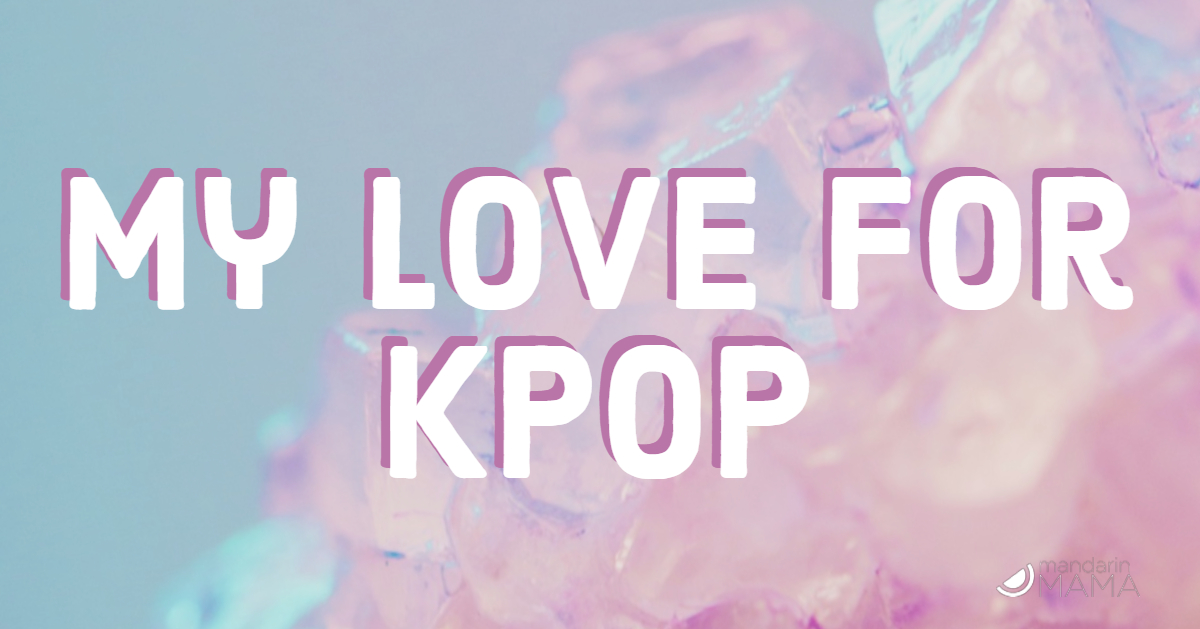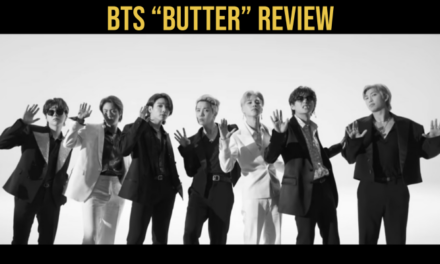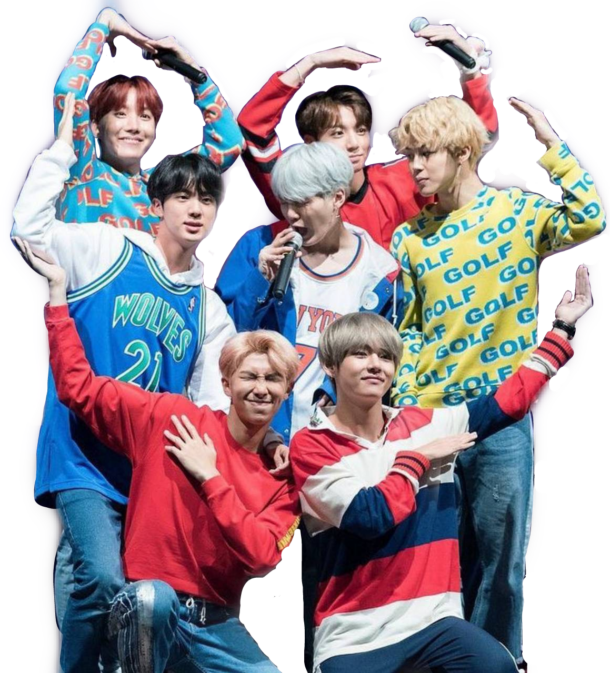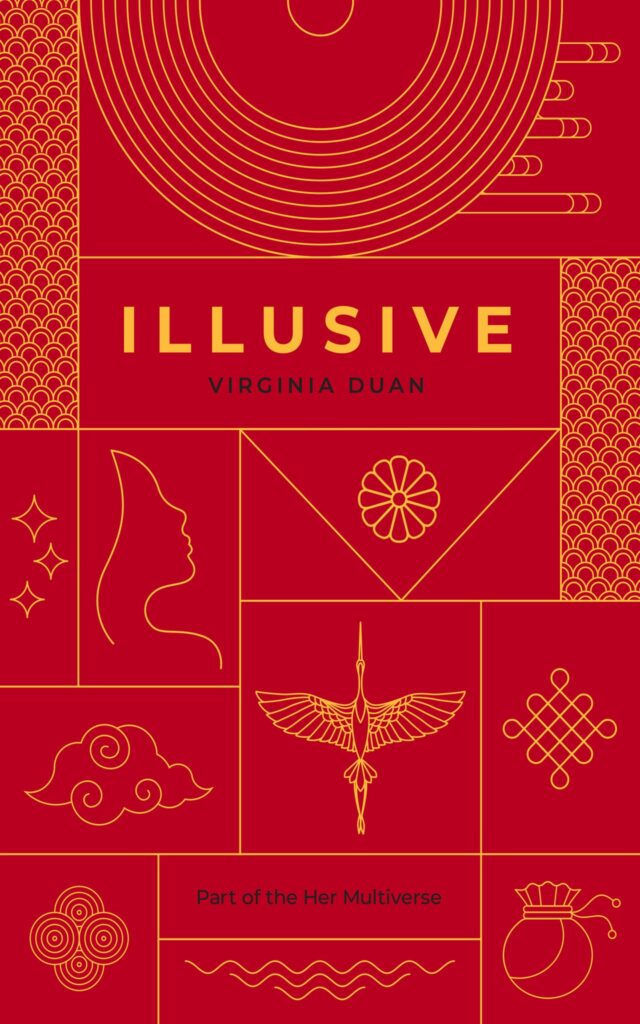While many have described “Right Place, Wrong Person” (RPWP), the latest album from RM of BTS, as “experimental” — including the artist himself — “RPWP” feels, instead, like a continued evolution of his sound. Clearly influenced by genres like funk, blues, jazz, and alternative hip hop, and artists like Balming Tiger, Kendrick Lamar, Epik High, and Thundercat, “RPWP” is groovy, cohesive, and sexy. (Yeah, I’m gonna double down on sexy.) The lyrics and sound lean heavy into the feelings of disorientation and incongruency, and while I personally did not find the album inaccessible, I acknowledge that if you were expecting pop fare, then “RPWP” is not easy to swallow.
However, if you have been paying any sort of attention to RM, why would you expect a pop album? After all, “RPWP” is essentially “Indigo’s” groovier, funkier older brother. Although, I will concede that when RM initially described and teased this album as alternative, I also was not expecting this sound. (To me, 80’s alternative music like The Cure, Depeche Mode, Erasure, and Pet Shop Boys will always reign supreme — although 90’s alternative music is a close second.)
Like its predecessors “Indigo,” “mono,” and “RM,” “RPWP” continues RM’s sadboi poet aesthetic by reinterpreting music he loves — regardless of genre — for his own stories. “RM” was more heavily rap and hip hop influenced, “mono” was more indie and lo-fi influenced, and “Indigo” was a mash of genres, each track highlighting a different kind of music RM enjoys like Korean folk, neo-soul, city pop, smooth R&B, rock, and 70’s funk. If you listen carefully, the bones of “RPWP” were already present in the three solo works — especially “Indigo” (which makes sense because “RPWP” was created right after).
For longtime listeners attentive to the artistic vision RM’s been shaping over past releases, “RPWP’s” sonic palette, though distinct, is on brand and on track for the trajectory RM has established in his personal music journey
Logical evolution of RM’s musical inclinations
Like all great art, “RPWP” is timeless. RM’s music captures the present while calling back to the past and hinting at where he will be in the future. His tracks are snapshots of how he is feeling at a given moment, and the genres he emphasizes on this album were already intimated on past ones.
The hip hop references on “RPWP” are most evident as a throughline in his oeuvre, starting with his early participation on Hiphopplaya forums as Runch Randa and then in becoming the first member of BTS. Hip hop’s fingerprints are all over RM’s first mixtape “RM” in his samples of Run the Jewels’s “Oh My Darling (Don’t Cry)” on “농담 Joke” and “Aerosol Can” by Major Lazer feat. Pharrell Williams on “Do You.” “Groin” calls back to tracks like “Born Hater” by Epik High, one of the seminal K-hop acts that influenced RM and his fellow BTS member SUGA.
For the moody, rainy day sadboi vibes that infiltrate tracks “Right People, Wrong Place” and “Heaven,” you need look no further than “mono,” where this aesthetic runs rampant. These same vibes are subverted and transcended on “Domodachi (feat. Little Simz),” with the inclusion of multiple, complex time signatures and beat switch ups, Park Ki Hyun on sax, the Japanese chanting choir, and the addition of Nigerian British rapper Little Simz riding the beat change ups with her impeccable flow.
Even as recently as “Indigo,” RM provided us even more glimpses into his musical vocabulary. The funky “Still Life (With Anderson .Paak)” is the antecedent to the ample funk and jazz references in “Nuts,” “out of love,” “? (Interlude),” and “LOST!” The instances of indie folk evident on the closing track “Come Back to Me” pop up on “No.2 (feat. parkjiyoon)” from “Indigo” but was already present on “Bicycle,” a track RM released for Festa2021 as a present to their fans.
What is experimental anyway?
Though I don’t personally feel as if “RPWP” is unexpected given what we’ve seen from RM in the past, I recognize that the atonal quality and lack of traditional song formulas of verse, bridge, hook on many of his tracks can be a barrier to some people as they listen for the first time. I can only hope that this latest proffering by RM can widen people’s musical vocabulary and be a gateway to other music genres — most of which have their roots in Black music traditions.
However, I will acknowledge that what feels most experimental about “RPWP” is not so much the type of music, but how loose the album feels. RM has mentioned before about feeling burned out and as if he had to prove something musically about himself on his mixtapes. This album feels fun, like RM didn’t waste time considering the marketability of “RPWP” to the masses. (Or perhaps, he did thoughtfully consider the impact this album’s accessibility would have on sales and streaming, but then chose to release it as is anyway.)
The entire album explores that feeling of displacement both soundwise and lyrically. I imagine it captures how RM and the rest of BTS felt out of place in the U.S. as they attended more and more U.S. music award and talk shows. Knowing exactly how racist the U.S. is to even its own people of color, I am 100% positive BTS was at best treated with a paternalistic curiosity of “why are you here?” and at worst, subjected to outright anti-Asian sentiment (both before, during, and after the pandemic).
To add insult to injury, not only was BTS constantly misrepresented in western media and asked to represent an entire country’s music, the Korean media was also equally biased against them in their coverage. Whether in benign bewilderment at the focus on BTS, or outright dismissal of the achievements and records being broken, that feeling of being the wrong person both in and out of their home country must have been incredibly isolating.
So much of the album plays with this feeling of being a stranger, out of sync with your peers or environs. As an Asian American, I really resonate with this discordance. It speaks to that liminal space of neither being American nor Asian enough. RM’s album helps us interrogate these distinctions, wondering what does “enough” look like anyway?
Reframing the narrative
And so, it’s with great purpose when right out the gate, the eleven-track album starts off with the dissonant “Right People, Wrong Place,” the title a deliberate switch up of the album title of “Right Place, Wrong Person.” Reminiscent of The Cure’s “Killing an Arab,” (a song inspired by Albert Camus’s “The Stranger,”) its constant driving beat compels you forward to its inevitable violent conclusion. Our unease mounts as RM yells, “get the fuck out of my sight” and curses filter in and out of layers of atmospheric noise, the song suggestive of an apocalyptic movie OST, culminating when the music cuts out as RM repeats the lyric “feeling high on a forest fire” at the close.
The refrain “right people, wrong place” repeats like a mantra you cling to during an anxiety or panic attack, as if you’re forcibly reminding your disobedient brain to believe you belong. (In fact, multiple tracks have repetitive lyrics that root and ground us throughout the often disorienting songs as time signatures and jazz ensemble instruments create a cacophony of sound and rhythms.)
It reminds me of SUGA confessing on Festa 2018 how he cried in the shower after their American Music Awards performance of “DNA” in 2017 because he was so scared by their success. BTS members were so alone and without precedent amongst their peers that SUGA felt lost about what to do. Is it any wonder that the next year, arguably the year they really catapulted into western media’s attention, they contemplated disbanding (an emotion captured so brilliantly on Outro: Tear)?
In RM’s album listening session with bandmate Jimin, RM mentions how that feeling of being all-wrong is lessened when he flips the words to “right people, wrong place.” He explains, “Actually, I am the right person and the place I am in is wrong.” Jimin immediately understands, elaborating that it’s because he’s “at the center,” indicating that Jimin’s the main character and in control of the narrative. “Whose standard is this ‘wrong’ based on?” he asks.
The reframing of narrative is important; it’s assuring you that while you may feel out of place, you are valid as you are. It’s the place — society as a construct — that is wrong. We also see this in the track “Heaven,” where RM’s lyrics flip the script on what we normally think of as “heaven.” He says, I’m feelin’ so good here with me / Feelin’ so full here with me instead of “with you” like we’d expect. He continues with, Everything’s untakeable / My peace is unbreakable / Take my heaven for free / Your words and face don’t kill me.
The reframing allows RM to reclaim his agency.
It is this power to re-examine his decisions and experiences under the lenses of whatever genres RM loves listening to and then reinterprets and re-presents his current work-in-progress conclusions that I find most consistent in his solo discography. That the entirety of music, regardless of genre, is his medium of choice.
He is unbound. Limitless.
Anyone attempting to shove him back into the narrow confines of meaningless “genres,” scolding him that once again, he’s the wrong person in the right place — they can fuck all the way off.

